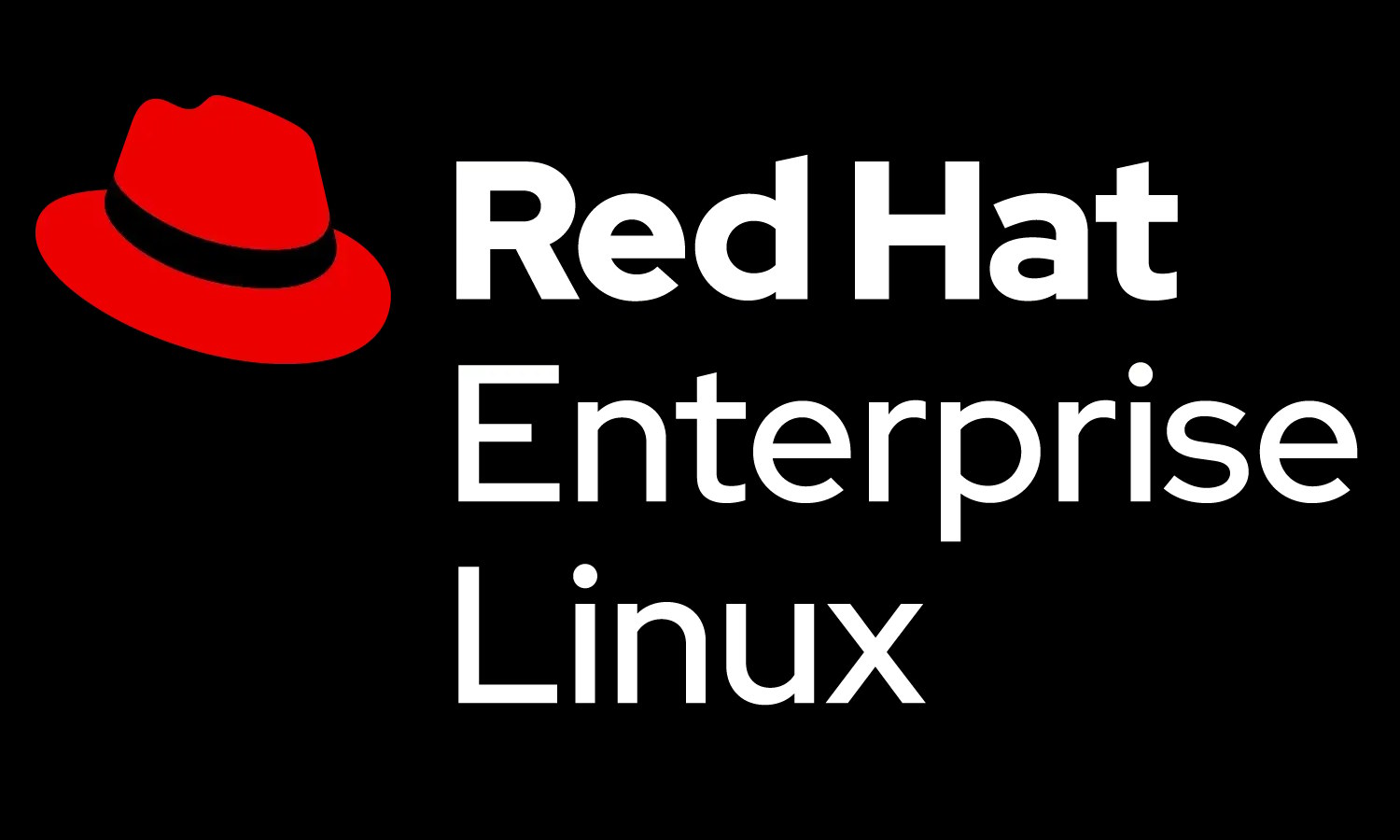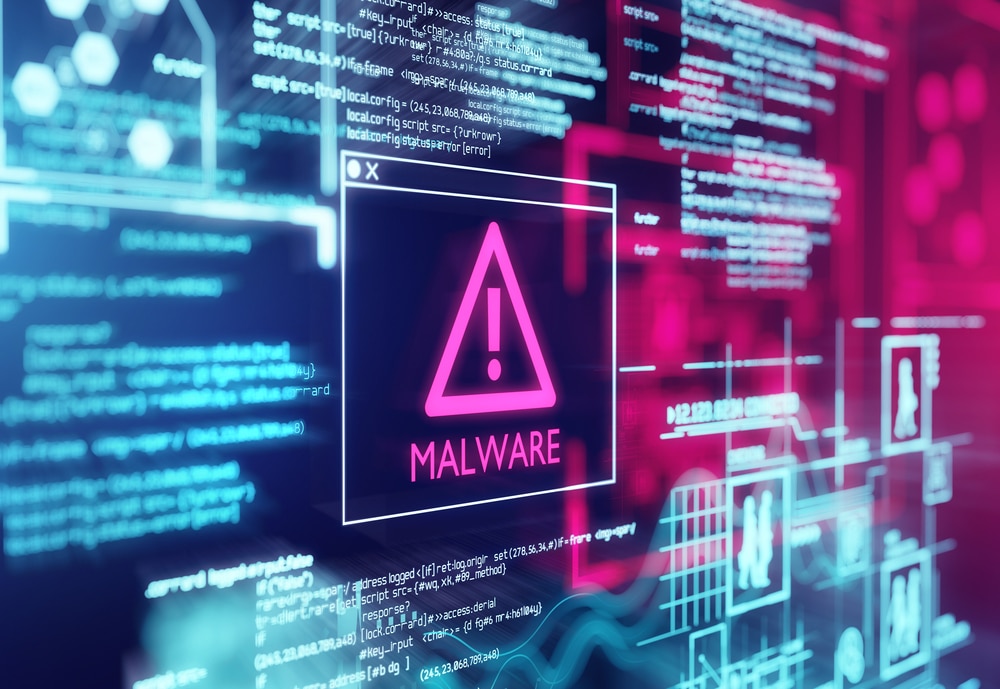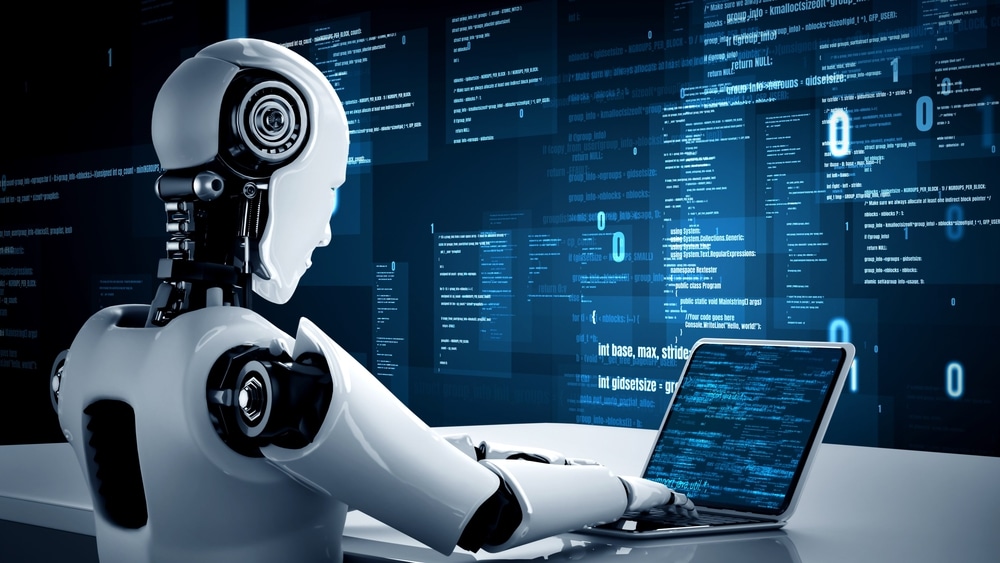
Software engineers need new skills in the age of AI
AI is transforming software engineering, changing what software engineers do and the skills they need to succeed. A new survey from Uplevel, of over 100 senior engineering leaders at mid-to-large technology companies, looks at what they believe will be the most important skills for their teams.
It finds that validation of AI outputs and quality assurance (QA) is valued highest, cited by 66 percent of leaders, followed by performance monitoring and optimization (39 percent), and system architecture and integration skills (34 percent)

The challenge of syncing virtual economies across platforms [Q&A]
As people increasingly demand seamless experiences across platforms, developers face growing complexity in managing unified virtual economies.
In the games sector in particular companies need to leverage distributed architecture, virtual currencies, and real-time inventory reconciliation to ensure consistent user experiences and secure transaction flows.

Rethinking AppSec for the AI era [Q&A]
The application security landscape has always been a complex one and can lead to teams spending too much time hunting down vulnerabilities. With AI becoming more popular there are even greater risks to consider.
We spoke to Yossi Pik, co-founder and CTO at Backslash Security, to discuss how AppSec needs to adapt to the greater use of AI.

More than half of developers think AI codes better than humans
A survey of 800 senior developers has 75 percent of respondents saying they expect AI to significantly transform the industry within the next five years. What’s more 53 percent say they believe large language models can already code better than most humans.
The survey, from Clutch, reveals that AI has already become a daily tool for many software teams. 49 percent of senior developers and team leads say they use AI tools every day. Another 29 percent use them most days, meaning 78 percent rely on AI regularly.

Insecure code is behind a wave of data breaches
New research reveals that insecure code is behind a shocking number of cyber breaches in the UK, with two-thirds of tech leaders admitting their organization suffered an incident in the past year.
The study from SecureFlag, of 100 UK C-suite and tech leaders, shows that despite the risks, many companies are still failing to train developers properly, leaving a gap that attackers are exploiting.

Over 80 percent of organizations knowingly ship vulnerable code
New research shows 81 percent of organizations knowingly ship vulnerable code, and 98 percent experienced a breach stemming from vulnerable code in the past year, that’s a sharp rise from 91 percent in 2024.
The survey from Checkmarx, of more than 1,500 CISOs, AppSec managers and developers around the world, also shows that AI‑generated code is becoming mainstream, but governance is lagging.

Popular LLMs share strengths and weaknesses when it comes to creating code
Increasing pressure to build and launch applications quickly has seen a rise in the use of AI to generate code. New analysis from Sonar, looking at the quality and security of software code produced by top Large Language Models (LLMs), finds significant strengths as well as material challenges across the tested models.
The study used a proprietary analysis framework for assessing LLM-generated code, tasking the LLMs with over 4,400 Java programming assignments. The LLMs evaluated in the study include Anthropic's Claude Sonnet 4 and 3.7, OpenAI's GPT-4o, Meta's Llama-3.2-vision:90b, and OpenCoder-8B.

Organizations embrace AI but lack proper governance over development
According to new research 93 percent of firms in the UK today use AI in some capacity, but most lack the frameworks to manage its risks and don’t integrate AI governance into their software development processes.
The study from Trustmarque shows only seven percent have fully embedded governance frameworks to manage AI risks. In addition a mere four percent consider their technology infrastructure fully AI-ready, and just eight percent have integrated AI governance into their software development lifecycle.

93 percent of software execs plan to introduce custom AI agents
New research from OutSystems shows an increasing trend in agentic AI prioritization among software executives with 93 percent of organizations already developing -- or planning to develop -- their own custom AI agents.
IT leaders are under pressure to deliver measurable business value while managing constrained resources and aligning technology investments with long-term strategic goals. Introducing agentic AI helps address these demands by tackling challenges like fragmented tools, and limited ability to leverage data siloed across the organization.

New Red Hat Enterprise Linux for Business Developers is available for free
Linux stalwart Red Hat has announced the general availability of Red Hat Enterprise Linux for Business Developers. Designed for enterprise development use, the new platform is free of charge as Red Hat seeks to make things easier and more accessible for business development teams.
The new self-service offering is made available through the Red Hat Developer Program with the aim of simplifying an increasingly complex IT landscape. Red Hat is looking to assist development teams in building, testing and iterating on applications more quickly and on the same platform that underpins production systems across the hybrid cloud at no cost.

Decentralization and why it's a turning point for tech [Q&A]
Mainstream developers and users are increasingly seeking alternatives to big tech’s centralized servers and cloud-based systems.
Issues like data breaches, censorship, and monopolization are driving this trend. We spoke to Mathias Buus Madsen, CEO of Holepunch, about why decentralization matters and how we can expect the trend to develop.

Open-source malware targets data exfiltration
Supply chain security company Sonatype has released the Q2 2025 edition of its Open Source Malware Index, uncovering 16,279 malicious open source packages across major ecosystem.
This brings the total number of open-source malware packages Sonatype has discovered to 845,204. Compared to the end of the same quarter last year, the total volume of malware logged by Sonatype has surged 188 percent, underscoring the growing sophistication and scale of attacks aimed at developers, software teams, and CI/CD pipelines.

New solution helps to secure AI application development
AI is revolutionizing how software gets built, making the process faster, smarter, and more autonomous. But it also introduces more risk than we’ve ever seen and challenges application security, which wasn’t designed for AI-driven development processes.
In response to this Legit Security is launching Legit MCP (Model Context Protocol) Server. This new offering brings application security posture management (ASPM) to AI-led development, making vulnerability management simpler.

Why now is time to build sustainable accessibility into organizational culture
Accessibility is increasingly recognized as an important part of how organizations deliver value across a number of industries, and rightly so. It goes beyond meeting legal requirements to improve user experience, promote inclusion, and build better services for all. Yet, despite the growing awareness, some organizations still see integrating accessibility into its processes as an isolated effort or something to be 'checked off' near the end of a project, prompted by upcoming regulation, user complaints, or reputational risk.
This reactive approach may satisfy compliance needs in the short-term, but it does little to build lasting, meaningful inclusion. Meaningful progress happens when accessibility is embedded into an organization’s everyday mindset and operations. In short, accessibility must become a fundamental element, not an afterthought. Adding accessibility to everyday practices instead of reserving it for emergencies allows companies to develop better products, rely on stronger teams, and be more resilient.

Confidence in software supply chain security at odds with actual readiness
New research finds that 32 percent of security professionals think they can deliver zero-vulnerability software despite rising threats and compliance regulations. 68 percent are more realistic, noting they feel uncertain about achieving this near-impossible outcome.
The study from Lineaje, carried out among RSA attendees, also shows that while software bill of material (SBOM) regulations and guidelines continue to increase, organizations vary in their level of adoption.
